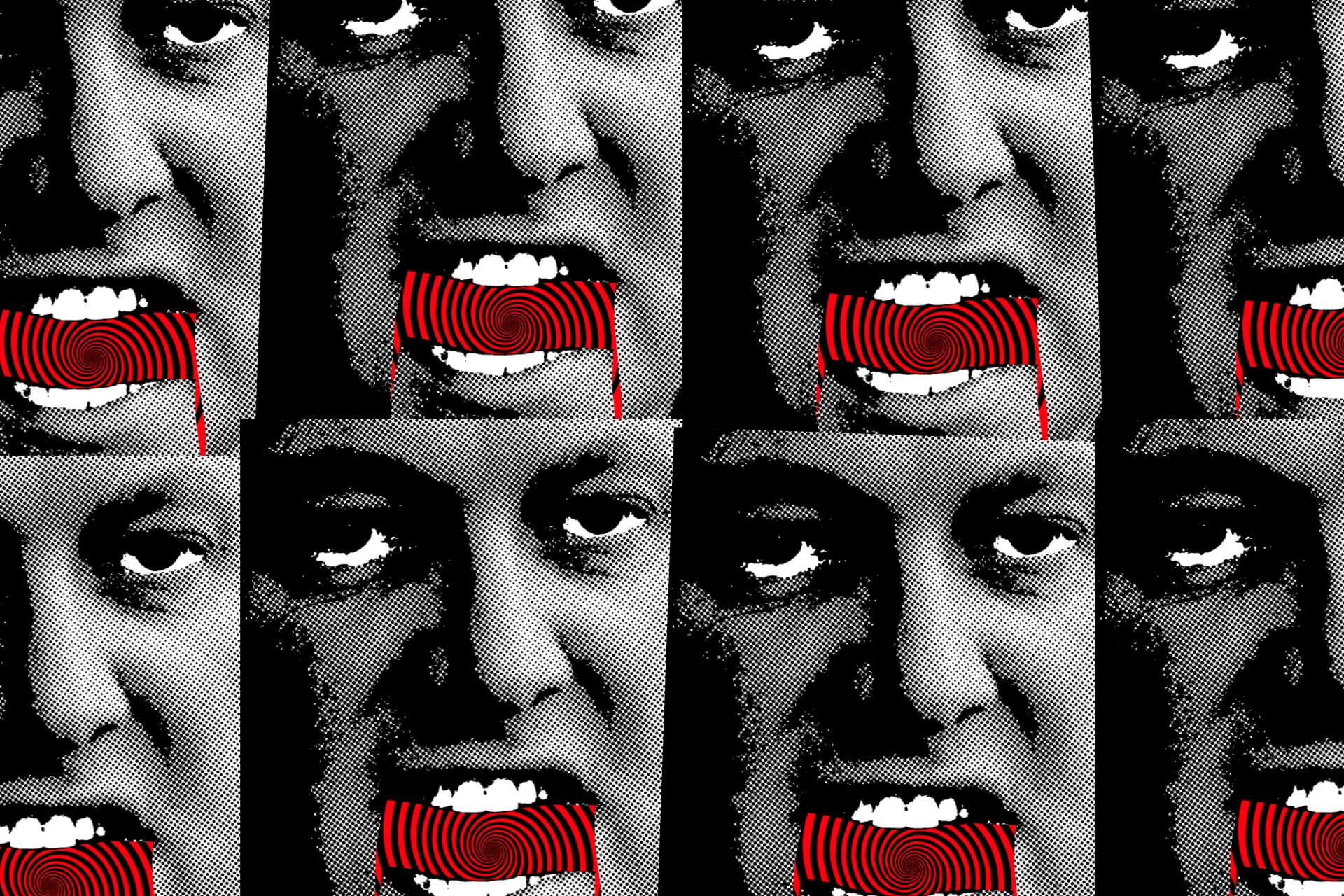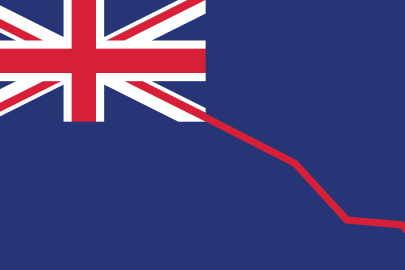Aug 8, 2023 Society
There are three plausible outcomes in October, with probabilities of about 33% each.
The first was picked by most polls after Chris Hipkins became prime minister — a Labour–Green–Te Pāti Māori (TPM) arrangement, with a one-seat majority. The second has been narrowly favoured since the Budget — a National–Act deal, also with a one-seat majority. The third would be the most entertaining — a hung Parliament, requiring a second election before Christmas.
Blame Jacinda Ardern and Christopher Luxon for the uncertainty. Ardern knew Labour was toast if she remained, so stepped down to make a fight of it, while National would be miles ahead if so many voters didn’t think Luxon was a knob.
On the two issues voters overwhelmingly worry about most — the cost of living and crime — they think National is the better bet. House prices have plunged, interest rates have risen, inflation is the highest anyone under 50 can remember, and the incumbent government has long-standing problems with competence and delivery, in 2023 adding integrity to its list of deficiencies.
Aside from the remarkable circumstances of 2017, New Zealand voters usually decide to change governments early in election year, with oppositions such as those led by John Key, Helen Clark, Jim Bolger, David Lange and Rob Muldoon as much as 20 points ahead four months out.
A tight race means neither Hipkins nor Luxon can afford to be statesmen at the risk of any existing support. Commentators may call for bold policy to get New Zealand out of its quarter-century rut, but psephologists know that usually costs votes. Expect Hipkins and Luxon to offer basically the same, with almost imperceptible differences in which groups of middle-class voters get offered the most, and only marginally bigger differences in how — Labour will call it a tax credit; National a tax cut. It’ll be worth the same to you before you hand it over in higher interest payments to the Aussie banks.
Hipkins is more popular than Luxon, so Labour will feature him in ads asking you to re-elect ‘the Chris Hipkins government’. Breezily forgetting its own personality cult in 2008 but drawing on voters’ disappointment with both Ardern and Key, National will argue New Zealand doesn’t need a celebrity prime minister in these difficult times, but a strong team. Labour will perceive a spirit of recovery attracting record numbers of new immigrants. National will lament the brain drain and promise a brighter future. But, most importantly, they’ll both use fear.
Labour and National MPs are mostly as stupid and incurious as you think, but their hired help is not, with decades of experience working on campaigns in Australia and the United Kingdom for Labor and Labour or the Liberals and Conservatives. The more sophisticated respect the professional skills and are even friends with those working for the other team. They know the positive uplifting stuff has to be done, but will be equally good from both sides and so cancel itself out. For the swing voters who decide elections, they calculate that fear is more powerful than hope, hate stronger than love, and none of the voters who matter will ever feel hopeful about or in love with Hipkins or Luxon like they were with Ardern or Key.
So let’s go negative, baby! Let’s see who can scare those undecided voters most. It doesn’t matter about what.
On personalities, Labour has the advantage. National has plenty of material to make you afraid of how Hipkins’ bumbling ministers could hurt your kids. But, in Luxon, Labour hasn’t had a better Voldemort since Don Brash in 2005.
They’ll say he wants to control your womb and tax your medicine to fund tax cuts for the rich. The inexperienced Luxon has given them all the material they need, agreeing that abortion is murder, confirming that the restored $5 prescription charge will again apply to oral contraceptives, and jokingly urging women to have more kids.
Labour made itself look stupid and nasty comparing Luxon to the commanders in The Handmaid’s Tale. Too much of that, the smarter strategists know, and Luxon risks picking up a sympathy vote. Voters know the National leader may have the same Christian-conservative views on abortion and contraception as Bill English and Bolger before him, but they also know he’d have even less power than them to change the law on either.
The bigger story will be Labour scaring you about Act, and National about the Greens and TPM. All three smaller parties provide terrific content for attack ads, with each being sufficiently concerned about the status quo and committed to making things better that they bother to make meaningful statements and policy. The big parties’ hired help know that’s exactly what swings voters fear.
Act, we’ll be told by Labour and Act, will force National to slash taxes, government spending and red tape to get the economy booming — and won’t take no for an answer. The Greens, we’ll be told by National and the Greens, are likewise over Labour’s emoting and will insist a Labour–Green government taxes the rich, gives the money to the poor and achieves net zero greenhouse-gas reductions ahead of most of the world.
TPM, everyone will want us to know, doesn’t believe in Westminster democracy and wants to honour Te Tiriti o Waitangi, in which hapū and iwi rather than the state hold sovereignty over Aotearoa, as opposed to the Treaty of Waitangi, where Charles III is top dog.
There’s an inherent dishonesty in what all five parties will say. Act, the Greens and TPM have ruled out working across the aisle, so — unlike the promiscuous New Zealand First — their leverage to achieve anything is limited.
There’s no more chance of a libertarian nirvana, Gaian utopia or Tiriti-based state than a Luxon-led Republic of Gilead — and everyone, in all five parties, knows it. But at least Act, the Greens and TPM aren’t insulting you with bullshit. Instead, they offer ideas they think will make your life better, even if they’ll never happen.
So here’s a better idea than falling for the big scare from National or Labour. How about using your ballot paper to tell them to fuck off, and reward one of the three ideas-based parties with your vote instead?
–






